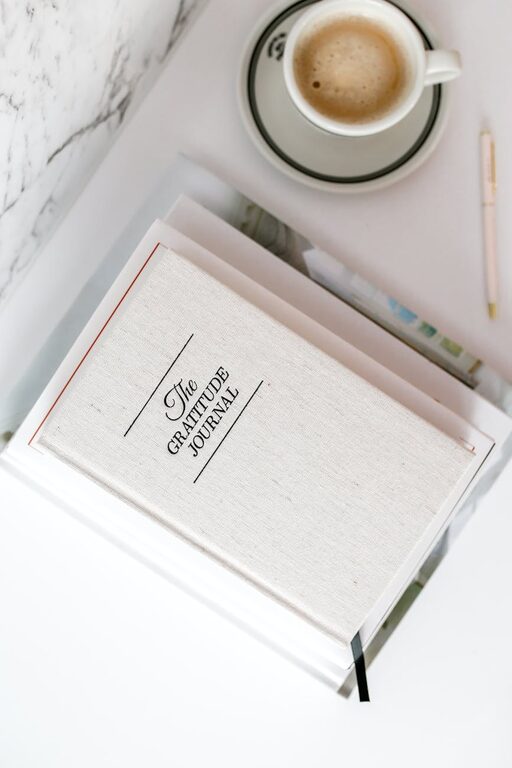Beginner Guide to Journaling Every Day: Simple Steps to Get Started

Starting a daily journaling practice can be a wonderful way to organize your thoughts, boost creativity, and improve your mental clarity. If you’ve never kept a journal before or have struggled to write consistently, this beginner guide will help you develop a simple, enjoyable routine that fits your lifestyle.
Why Journal Every Day?
Journaling is more than just putting words on paper. It’s an opportunity to reflect on your day, explore feelings, set goals, and even manage stress. Here are some benefits of writing every day:
– Improves self-awareness: Regular writing helps you understand your emotions and thought patterns better.
– Boosts creativity: Free writing sparks new ideas and encourages innovative thinking.
– Enhances memory: Recording daily events strengthens recall and keeps a personal record.
– Supports mental health: Expressing your feelings can provide relief and promote mindfulness.
– Establishes routine: Making journaling a daily habit can add structure to your day.
Choosing Your Journal and Tools
Before you begin, it’s important to pick the right materials. You’ll want something you enjoy using and can easily access.
Types of Journals
– Physical notebooks: Many prefer traditional pen and paper for tactile experience. Choose a size and style that feels comfortable.
– Digital apps: If you prefer typing, apps like Evernote, Day One, or simple notes apps work well.
– Hybrid: Some people use a mix—writing by hand sometimes, typing on other occasions.
Try out different options and pick what feels most natural and motivating to you.
Setting Realistic Goals
Jumping into journaling with the expectation of writing pages every day might feel overwhelming. Start small and build your habit gradually.
– Write 2–5 minutes daily: Even a few sentences count.
– Focus on consistency, not length: It’s better to write a little every day than a lot once in a while.
– Choose a specific time: Morning, lunch break, or before bed—pick what works best for your schedule.
Easy Journaling Prompts for Beginners
Sometimes the hardest part is knowing what to write. Using prompts can jumpstart your thoughts and keep things interesting.
Sample Prompts:
– What are three things I’m grateful for today?
– What did I learn or accomplish today?
– How am I feeling right now, and why?
– Describe a moment that made you smile recently.
– Set an intention for tomorrow.
– Write about a challenge and possible solutions.
Feel free to mix and match these ideas or create your own prompts that suit your needs.
Tips for Making Journaling a Habit
Creating a new habit takes time and effort. Here are some proven strategies to help:
1. Create a dedicated space
Set up a quiet, cozy spot where you regularly write. This signals your brain to switch into journaling mode.
2. Minimize distractions
Turn off notifications and focus solely on your journaling time. You can use calming music if it helps you concentrate.
3. Be kind to yourself
Don’t worry about grammar, spelling, or how your writing sounds. Journal for yourself, not an audience.
4. Track your progress
Use a calendar or habit tracker to mark days you journaled. Seeing your streak grow boosts motivation.
5. Reflect weekly or monthly
Look back through your entries to notice patterns or growth. This can be inspiring and provide useful insights.
Overcoming Common Challenges
Many beginners face obstacles that can derail the journaling habit. Here are some helpful solutions:
No time to write
Remember, even 2 minutes counts. Write during a coffee break or right before sleep.
Feeling stuck or uninspired
Try new prompts, write about simple observations, or pen a letter to your future self.
Fear of judgment
Your journal is private. Write freely without censoring yourself.
Losing motivation
Remind yourself why you started and celebrate small achievements.
Beyond Writing: Creative Journal Ideas
Journaling doesn’t have to be only words. You can also:
– Draw or doodle: Visuals can express feelings and ideas.
– Include photos or mementos: Glue tickets, receipts, or pictures to add meaning.
– Use colors or stickers: Highlight moods or important points.
– List goals and track habits: Create checklists or charts.
– Combine gratitude and affirmations: List things you appreciate and positive statements.
Experiment and find what sparks joy and engagement for you.
Final Thoughts
Starting a daily journaling practice is a gift you give yourself—an investment in better understanding, creativity, and mental well-being. Begin with small steps, find prompts that inspire you, and create a welcoming environment for your writing. Over time, the simple act of journaling can transform into a cherished habit that enriches your life in unexpected ways.
Happy journaling!




